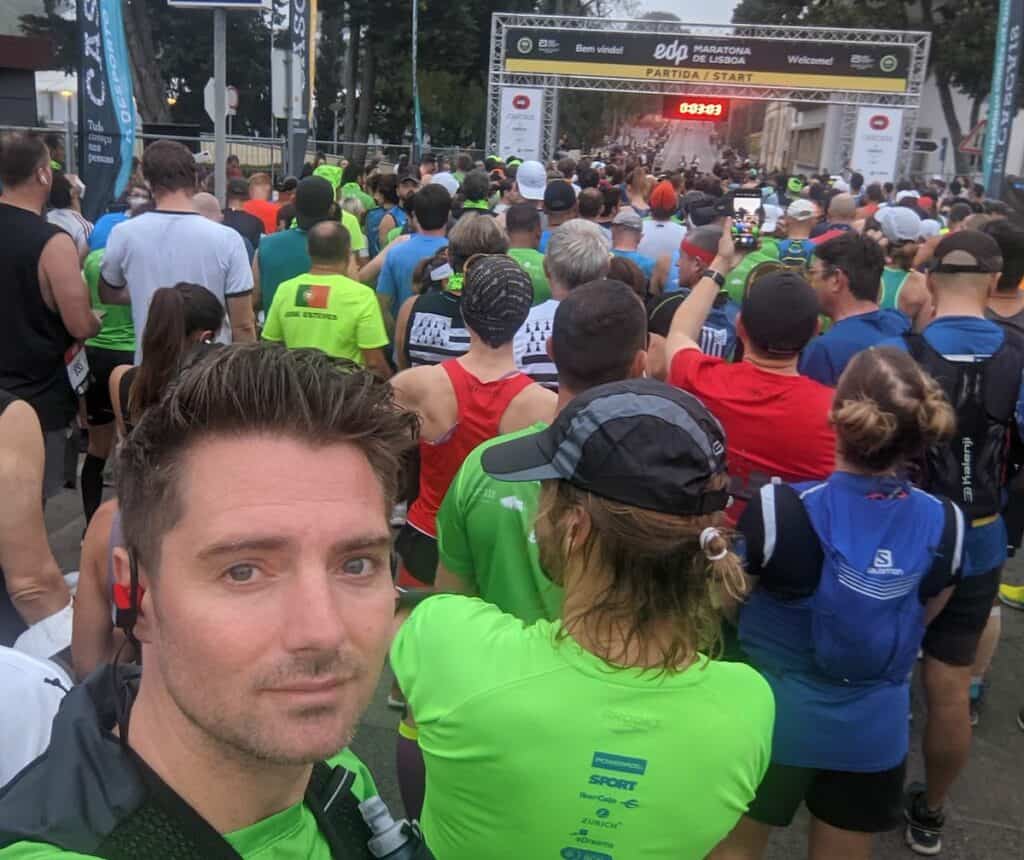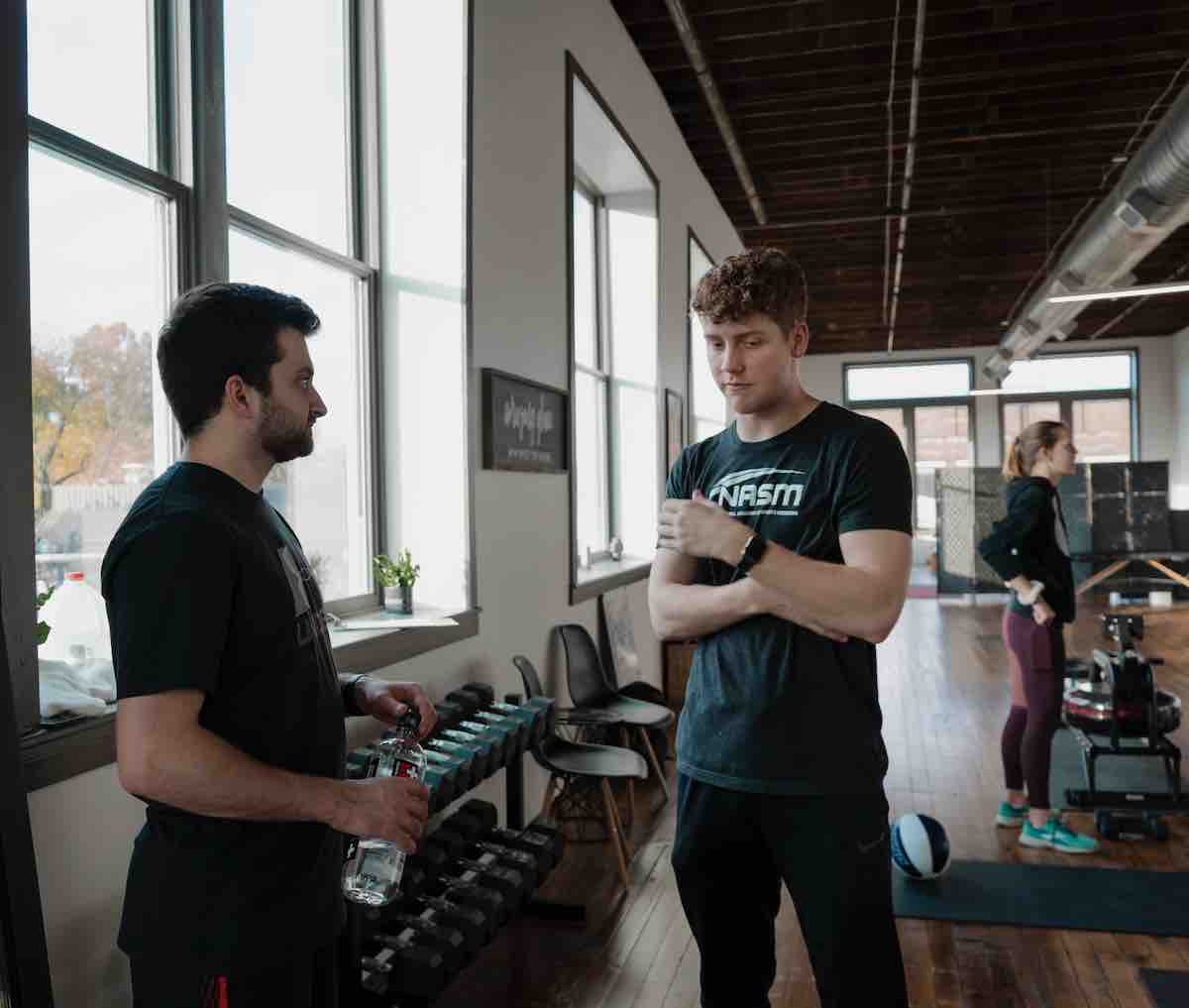How much is a running coach?!
Thankfully, less than you think.
For many people, hiring a running coach might seem out of reach. An expensive luxury for something that’s as simple as putting one foot in front of the other. Thanks to online running coaching apps expert advice has never been more accessible and affordable.
Hiring a good running coach will also do more than improve your running. Your tailored training schedule will come with guidance and coaching on how to eat healthier, recover faster, prepare for race day, achieve personal records, and improve your overall conditioning. Access to an online running coach often also comes complete with a community of like-minded souls, from beginners to experienced runners, for distances from 5km to ultras. Each with their own running goals.
In this post, we’ll cover:
How much is a running coach?
- $75-$500 per month
- $20-$100 per hour
- 20-30% premium for specialist coaches, or
- $250-$1,000 set fee for a specific goal
As a rule of thumb, expect to pay $50 per month for a personalized plan and weekly check-ins or $200 or more for certified 1:1 coaching, access on your terms and advice on nutrition, common injuries, finding motivation, and more.
When hiring a coach, check the small print to understand whether you’re tied into a contract or can cancel anytime.
8 benefits of hiring a running coach
#1 Training plans give you added accountability
Running is often a solo sport. Motivation is your own and it’s not uncommon for a grueling training schedule to go off the rails. PBs feed off miles and discipline.
A running coach will hold you accountable on the good days and bad. They’ll teach you how to embrace the struggle – that the struggle is the good part. They’ll build much needed structure and teach you how to humbly submit to the task.
This is often achieved through regular check ins and pep talks, in-app badges and league tables, and the reassurance that progress is being made with the right training cycle.
#2 Running coaches help to achieve a specific goal

We all know the only real competition is with ourselves.
Your potential, the absolute best you’re capable of, is all that matters. Anyone can get lucky on occasion. But not everyone is the best possible versions of themselves.
Personal training and coaching will help you to achieve that and, in turn, any specific goal you have in mind.
It could be couch to 5km, your first 10km race, marathon training, or the desire to compete with a local running club. I considered one when undertaking the Lisbon marathon (above) and Hadrian’s Wall ultra marathon. Personal coaching will remove the guesswork from your training by prescribing the exact workouts, paces, and distances needed for optimal performance when it matters most.
#3 To take your running to the next level
Nothing good ever comes easy.
A lot of what running mentors do is to teach us what excellence looks like, day by day. To push us to achieve more than we thought we were capable of. To accept hard work and sacrifices as standard, especially on the bad days.
But taking your running to the next level takes more than stepping out of our comfort zone. Online coaching will embed strong running fundamentals, such as:
- Pace
- Technique
- Endurance
- Cross training
- Strength training
- Active recovery
- Nutrition
- Mindset
The coaches who lodge in the mind are the ones who introduce us to these world-class basics.
💌 Inspiring Run Stories.. in Your Inbox
#4 Assist with running form, injury prevention and recovery
Any good training plan takes into account your injury history. Ensuring you’re progressing your training distance and intensity while minimizing the risk of relapse or common overuse injuries.
A qualified coach or physical therapist will advise you on proper form, training methods, strategies for preventing injuries and relieving pain (e.g. sports massages and warm-down routines), and even gait analysis for shoe selection.
As an impact exercise you need to be extra careful returning after leg injury. Have at least one rest day per week (or the benefits of jogging everyday with a recovery run) and be sure to limit your distance by no more than 10-30% each week. A good coach will tailor a precise recovery plan to your specific circumstances.
Related Reading: How to Get Back Into Running
#5 Teach you how to live a healthier lifestyle
When running a lot you are burning many more calories than you were before, and you need to replace them. What you eat before, during and after your runs matters more than you think.
Food is fuel for peak performance. Thankfully a running coach can advise on the optimal diet for your training schedule, planning the two in tandem.
They can also offer tips on getting a better night’s sleep, which is critical for physical rest and recovery. Proper rest brings its own benefits:
- Better moods
- More productive
- More present
- More engaged
- Improved stamina
- Facilitates weight loss
- Better overall health
#6 Develop a bespoke plan that grows with you
There’s no shortage of free running plans out there – be it 10km, half marathon, marathon or more – so why pay for a training plan?
The one-size-fits-all approach may be enough to get you started but it’s you can soon hit a plateau. Most online or local coaches will equip you with a useful toolkit for optimizing your body and mind. Deliberate practice and strategy that sets you on a fuller, longer, and faster running journey.
A better coach often equals a better runner.
From writing fully tailored training schedules – based on your finish line goals, current fitness levels, injury history and lifestyle – to support with nutrition, cross-training workouts, recoveries, motivation and a whole host of other services, many runners make a psychological shift to athletes when investing in themselves.
#7 You’re looking for a specialist running coach
Typical reasons for wanting to seek out specialist running coaches include:
- Recovery from injury
- Running during or after pregnancy
- Unforgiving work schedules
- Running with diabetes
- Running for mental health reasons
- Running in older age
- Running is so hard all of a sudden
The list is endless. However, enlisting a specialist might mean paying a 20-30% premium.
#8 Running coaches build good habits that stick
The goal of any running training plan is to challenge you but create only positive training benefits. This involves a lot of routine, which is where a Stoic running discipline comes in. Good trainers are experts in habit forming, which is about putting the reps in and seeing a task through. For me, that’s understanding the benefits of running in the morning.
Then, whatever the outcome, you’ll feel a higher sense of accomplishment from knowing you’ve immersed yourself into your training and given it everything you can.
How to find the best running coach for you
There are important factors to consider before committing to a prospective coach:
- Credentials
- Online or in-person
- 1:1 Individual or group
- Personal plans or templates
- Experience and qualifications
- Profile and location
- Frequency of check-ins
- Video calls or written messages
- Adaptive or fixed training plan
- The wider team and additional services
- Their other clients
In summary: Is an online running coach worth it?
If you’re in a rut, struggling to get started, or looking to take your running to the next level, then yes!
It needn’t be a long term commitment either. The last thing a coach does, is send you out into the world and, in some sense, cut you off. Their job is to teach you what excellence looks like, embed world-class running fundamentals, and then see you free.

